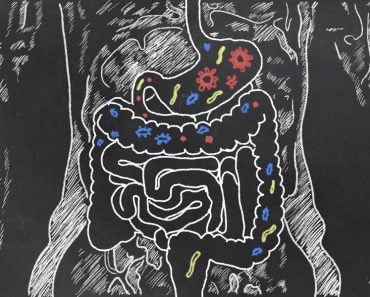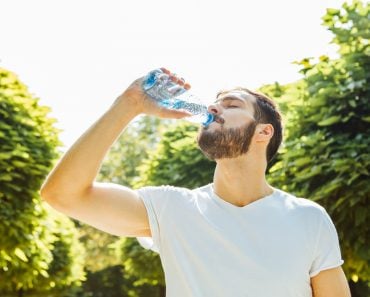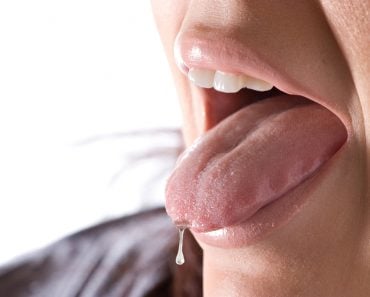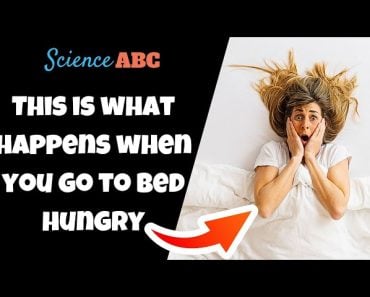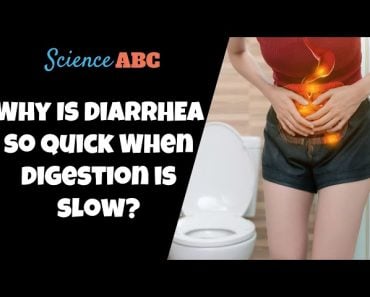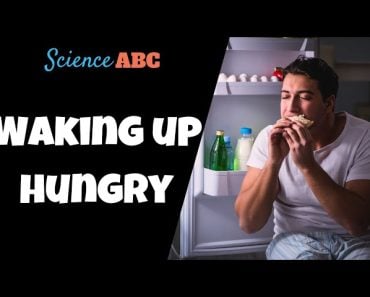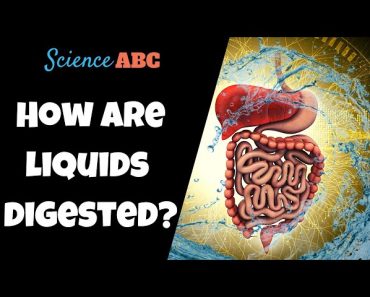There are many benefits of chewing your food more. To begin with, it helps your body absorb nutrients more efficiently, helps absorb fats better, keeps your weight in check, and also makes you appreciate what you are eating a lot more.
I remember when I was in kindergarten, my teacher would always tell me “Chew your food, don’t inhale it!” My mother would tell me to chew “at least 30 times”! But really… who ever listened to that guidance back then and diligently followed whatever they said? Certainly not me!
The practice of not chewing my food enough continued for ages until one day when my stomach started acting strange and I had frequent bouts of stomach upset and acidity. I distinctly remember sitting in my doctor’s office, waiting for him to tell me what horribly painful stomach problem I had. Imagine my surprise when all he said was, “You need to chew your food more”. For the rest of that day, all I could think of was my kindergarten teacher and all my years of disappointing her.
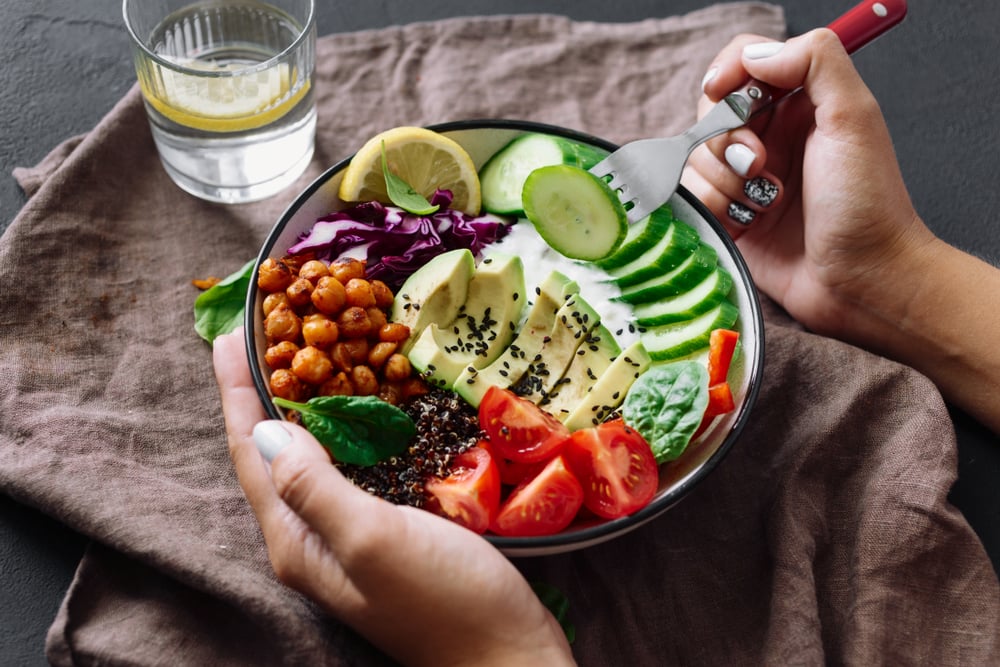
So, if you’re anything like the younger me, you should probably continue reading this article to understand why it’s so important to thoroughly chew your food.
However, before that, let’s first take a look at why digestion is important and how the digestive system works.
Recommended Video for you:
Why Is Digestion Important?
Our body needs nutrients, proteins, fats, vitamins, carbohydrates, water and minerals to function. Our digestive system helps our body acquire these nutrients by breaking down what we eat and drink into tiny pieces so that our body can easily absorb them. The absorption of these nutrients helps us regain energy, facilitates growth and aids in cell repair.
How Is The Digestive System Designed?
The human digestive system is composed of several vital organs. It includes the gastrointestinal tract (or GI tract), pancreas, liver and gall bladder. The GI tract is a long twisty tube starting from the mouth and ending at the anus. It is made up of several other organs, such as mouth, esophagus, stomach, intestines (small and large), and finally the anus. The GI tract also consists of bacteria (or gut flora) that aids digestion.
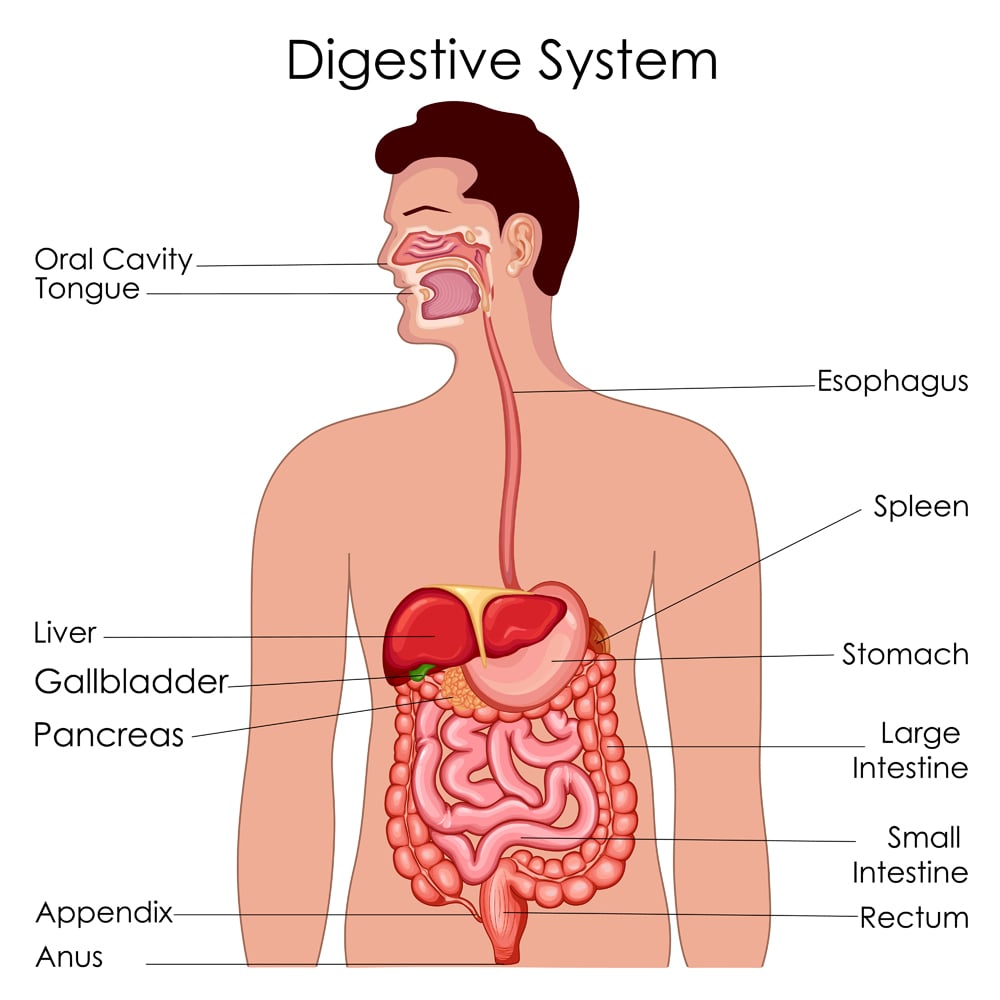
How Does Food Move Through Your Body?
Food enters your body from your mouth when you eat and moves through your GI tract as you continue eating. Your tongue pushes food into your throat with the help of your esophagus. From here, food moves past the lower esophagus sphincter, which relaxes to allow for the safe passage of food. The sphincter also prevents food from coming back up into your oesophagus. Once the food reaches your stomach, it mixes with digestive juices and together these contents are emptied into your small intestine.
The small intestine then mixes food with digestive juices secreted from the liver and pancreas, while also absorbing nutrients and water. Next, the waste products are pushed into the large intestine where water is absorbed and the rest is turned into stool. Finally, the rectum, which is located at the lower end of the large intestine, stores the stool until it is ready to be pushed out of your system through the anus.
Now, let’s get back to the benefits of chewing your food and how this aids digestion.
By now, you know that digestion begins in your mouth, from the moment you take that first bite. Therefore, it’s critically important that you help the rest of your body by chewing your food properly.
Overall, there are three very important benefits of chewing your food for a longer period of time.
Helps The Body Absorb Nutrients Better
Humans need different nutrients, proteins, vitamins, carbs and water to function. Essentially, the better our body is able to absorb nutrients, the healthier we remain. However, not all the food that we eat is easily broken down and absorbed into our bloodstream, so many people suffer from nutrient deficiencies.
This is where chewing your food for a longer time comes into play. The physical process of chewing whatever you eat helps break down large food particles into small ones and reduces strain on the esophagus. When food is broken down into very tiny particles, the body is able to absorb it more easily.

For instance, some raw vegetables and nuts cannot be easily broken down and must be chewed very thoroughly. If you swallow these without chewing them enough, your body will not only expend more energy to break them down, but will also take longer to absorb their nutrients. Hence, the more you chew, the more you break down food and the easier it is for your body to absorb nutrients and refuel itself.
Helps Break Down Fats
The more time taken to process the food in your mouth, the longer the enzymes have to work their magic! Several enzymes are present in our saliva that help breaks down fats, among many other things. So, naturally, the longer you take to chew your food, the longer these enzymes have to break down fats, making it easier to pass food through the esophagus and easier to process later on.
Helps Control Weight
When you eat slowly and consciously chew your food more, you become more aware of how hungry or full you actually are. You will also take longer to finish your meal. When this happens, your brain is able to process the message that you have eaten enough and are full. On the other hand, if you gobble down your food within minutes, your brain is behind the curve and thinks that you haven’t eaten enough and are still hungry because you finished your food so quickly. Satiety cues from the brain help reduce your risk of overeating and help control your weight.

For instance, a group of researchers used almonds to record the effects of chewing on appetite. They found that subjects who chewed on almonds a minimum of 40 times were able to suppress their hunger better than those who chewed only 25 or 10 times. Chewing on almonds over 40 times also promoted fullness, which was observed less in those who only chewed 25 or 10 times.
Similarly, another set of scientists found that those who chewed their food for a minimum of 30 seconds snacked on candies a lot less frequently two hours after lunch, as compared to those who chewed less.
Other Benefits Of Chewing
Apart from the three benefits mentioned above, chewing your food for a longer time also helps you appreciate the food on your table, including how good it looks, smells and tastes. When you take time to eat slowly and mindfully, you give yourself space to really appreciate the fact that you have food on your plate and that it indeed is nourishing. Chewing slower also helps you appreciate the food, and gives you time to consider the different stages and hardships people have undergone at to put that food on your table, from farmers and sellers to buyers and even the cook!

So, there you have it… all the key reasons for you to start chewing your food more!
Basically, just don’t be like the younger me, who didn’t listen to teachers and gobbled up every bite in minutes, only to realize how very bad that habit was later in life!
References (click to expand)
- Your Digestive System & How it Works | NIDDK. The National Institute of Diabetes and Digestive and Kidney Diseases
- Cassady, B. A., Hollis, J. H., Fulford, A. D., Considine, R. V., & Mattes, R. D. (2009, March). Mastication of almonds: effects of lipid bioaccessibility, appetite, and hormone response. The American Journal of Clinical Nutrition. Elsevier BV.
- Higgs, S., & Jones, A. (2013, March). Prolonged chewing at lunch decreases later snack intake. Appetite. Elsevier BV.


